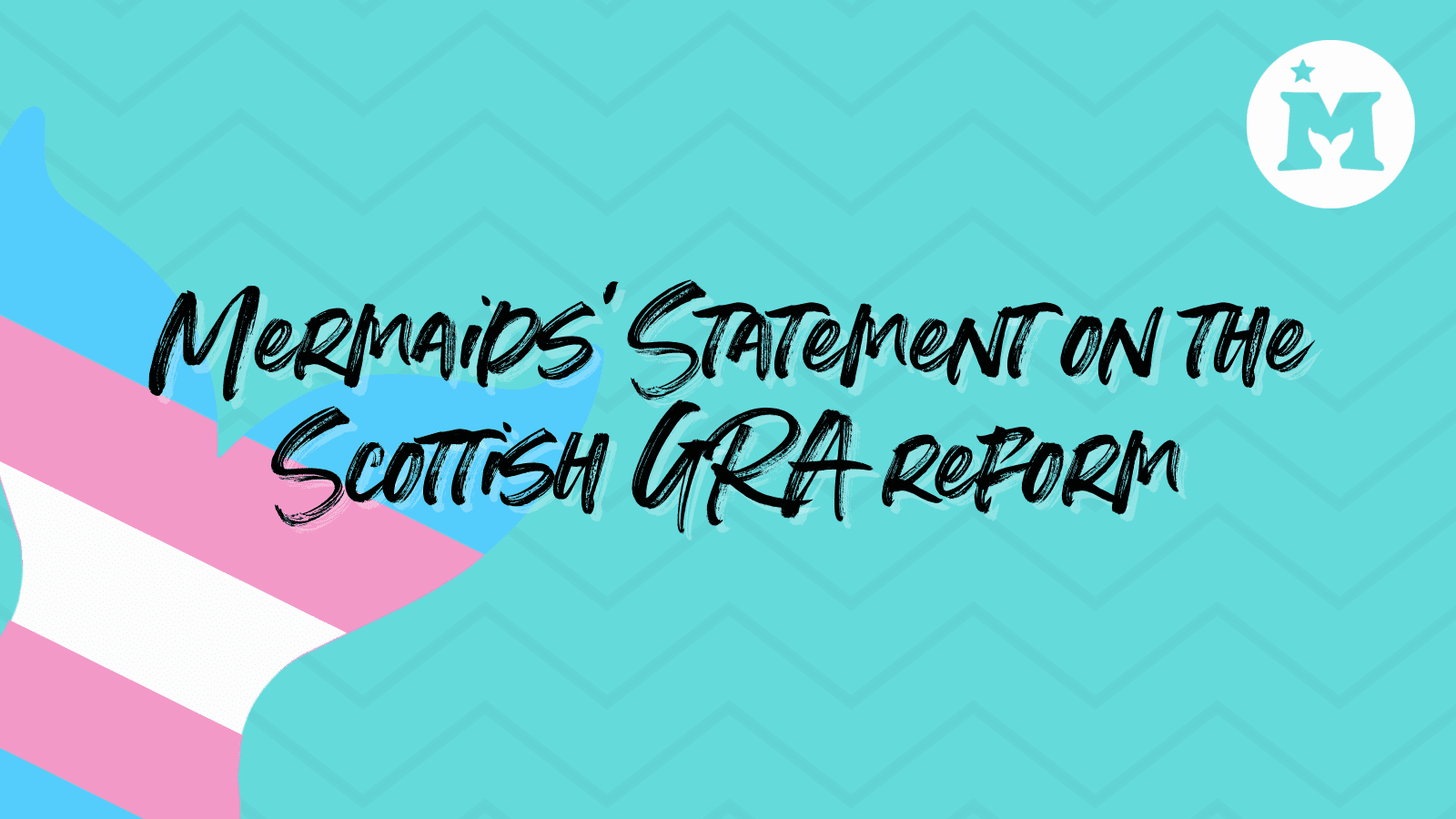
Today the Scottish Government published their Gender Recognition Reform Bill proposing welcomed reforms to the process by which trans men and trans women change their sex listed on their birth certificate.
The reforms are a significant step forward for trans rights as fundamentally, they acknowledge that trans people are who they say they are. The current system is unnecessarily bureaucratic, stigmatising and invasive, and consultations in both Scotland and the UK have shown overwhelming public support for change.
This proposed Bill is a significant win for the Scottish trans community and allies, whose hard work and solidarity in a challenging environment is admirable.
What are the reforms?
We echo Scottish LGBTI (lesbian, gay, bisexual, transgender, and intersex) organisations’ support for the Bill, whose statement outlines that the proposals:
· Move to a system whereby a trans person makes a formal legal statutory declaration confirming the sex in which they have been living for at least 3 months and their intention to continue to do so for the rest of their life, rather than having to wait until two years after they have permanently transitioned to apply.
· Introduce a 3 month ‘reflection’ period before a gender recognition certificate would be issued (meaning a trans person will have had to live in that sex for over 6 months before being able to change their birth certificate.)
· Remove the current requirement to provide a demeaning psychiatric report containing intrusive details such as what toys trans people played with as children, their sexual relationships, and how distressed they were before transitioning.
· Remove the current requirement to provide an invasive medical report describing any hormonal or surgical treatment they are planning or have undergone, or confirming they do not intend to undergo such treatment.
· Allow 16 and 17 year olds to apply for a gender recognition certificate.
Why do these reforms matter?
These reforms have the potential to make an important, material impact in improving trans people’s lives by making gender recognition certificates accessible to trans people who need them.
The removal of requirements for medical diagnosis and reports, the reduction in the time requirement to ‘live in role’, and expanding access to 16 and 17 year olds are especially important wins, and we encourage the UK Government to follow suit.
Even with these important reforms, Mermaids acknowledges that non-binary people and under-16s continue to lack access to legal recognition, which we will continue to advocate for.
As this Bill makes its way through the Scottish Parliament, the debate will have real impacts on the lives of trans people, who face increasing backlash. We join calls for respectful debate, and remind commentators that these reforms do not affect the separate process for changing one’s name and sex on passports and driving licences, nor access to single-sex services without a gender recognition certificate (as this is covered by the Equality Act 2010).
What can you do?
For those in Scotland, get in touch with your MSPs to explain why they should support this Bill as an important step forward for improving trans lives in Scotland.
For those outside of Scotland, continue contacting your MPs on the need for reforms to the UK Gender Recognition Act (2010) – reforms that have been long discussed, but lacking action.
